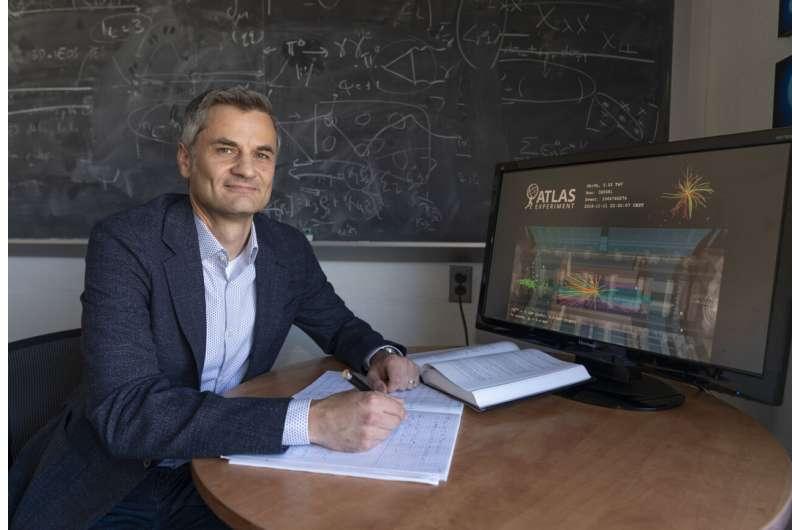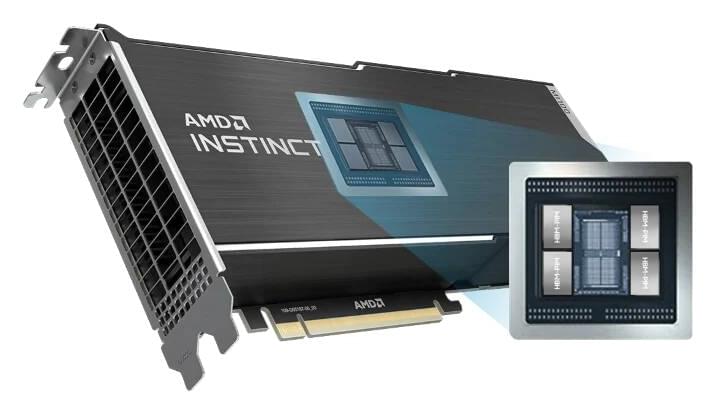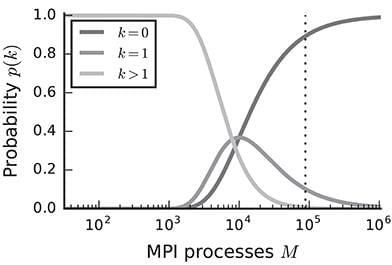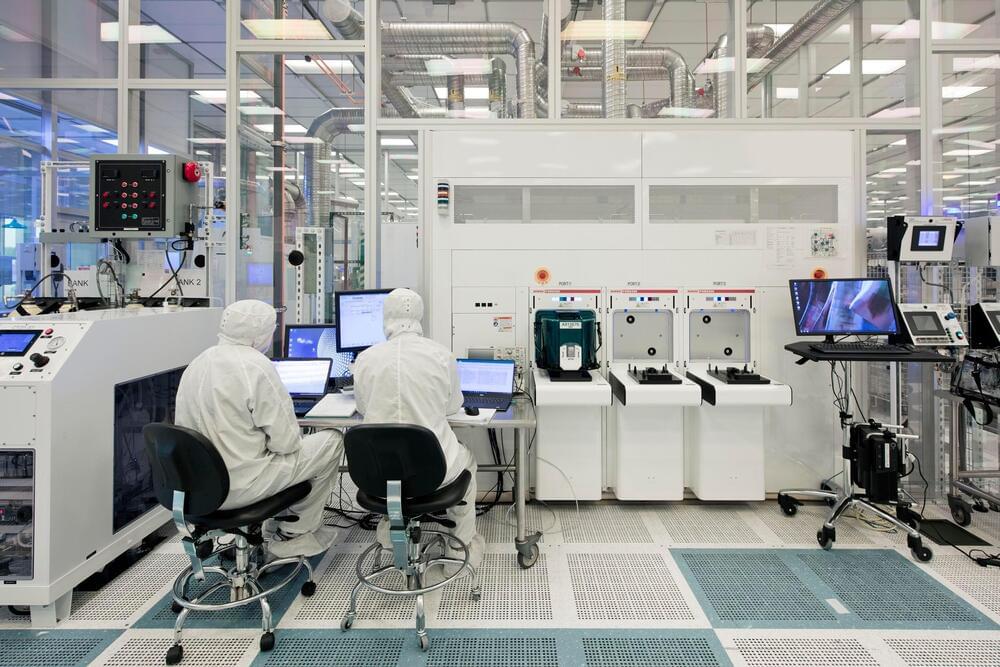Neurotechnology and Brain-Computer Interfaces are advancing at a rapid pace and may soon be a life-changing technology for those with limited mobility and/or paralysis. There are already two brain implants, Blackrock Neurotech’s NeuroPort and Synchron’s Stentrode, that have been approved to start clinical trials under an Investigational Device Exemption. In this video, we compare these devices on the merits of safety, device specifications, and capability.
Thanks to Blackrock Neurotech for sponsoring this video. The opinions expressed in this video are that of The BCI Guys and should be taken as such.
——–ABOUT US:——-
Harrison and Colin (The BCI Guys) are neurotech researchers and entrepreneurs dedicated to creating a brain-controlled future! Neurotechnology and brain-computer interfaces are devices that allow users to control machines with their thoughts and interact with technology in new ways. This revolutionary technology will change life as we know it, and soon will be as common as the touchscreen on your smartphone. Join us in learning about the brain-controlled future!
Support us: https://www.bciguys.com/support.
Follow us on Social Media!







